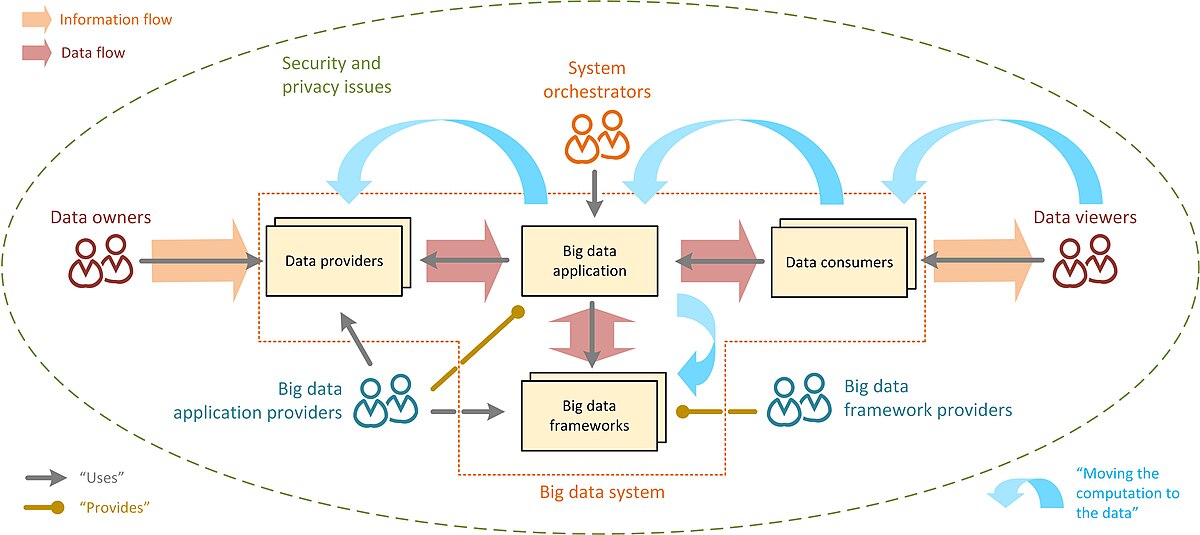AI agents are reshaping how businesses design data systems.
Modern data infrastructure is the foundation of digital business. Yet, building a reliable, scalable, and secure data warehouse architecture has traditionally required a full-stack engineering team. AI agents are now beginning to change that. At Hubnest we discovered with enough contextual understanding, these agents can help architect storage schemas in Microsoft SQL Server, configure table relationships, and generate code to populate tables from various third-party inputs.
For example, consider the task of creating data pipelines between a CRM platform and an e-commerce storefront. An AI agent can orchestrate schema design, propose optimal ETL sequences, and generate validation logic. Furthermore, it can create and document REST APIs that vendors can consume—or reverse engineer vendor APIs to pull and normalize data into a warehouse. These tasks are no longer exclusive to full-time engineers but can be carried out or initiated by AI in coordination with a product manager or analyst.
Our technical team explained, "We built our data system with an AI assistant and one business analyst. It gave us the head start we needed to pitch investors without hiring a full dev team." When supported with the right prompts and governance, AI agents are shifting how companies think about infrastructure. Data infrastructure may no longer need to start with code, it can start with conversation and scale with context.
